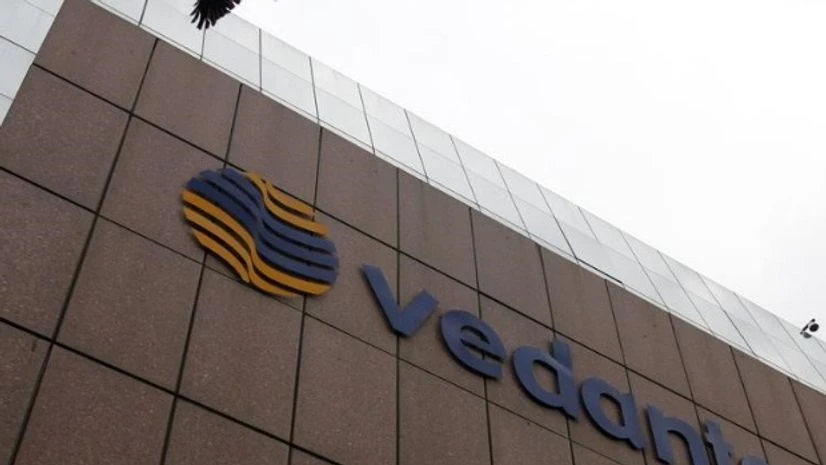Vedanta, which has invested Rs 50,000 crore in Odisha to set up alumina and aluminium-cum-power complexes on expectations of bauxite from the Niyamgiri deposits, has decided to realign its operations in the state.
“For us, the Niyamgiri chapter is closed. We are not pursuing it anymore,” said Abhijit Pati, chief executive officer of Vedanta’s aluminium business. “We have decided to realign our operations to run on imported bauxite and alumina,” he added.
Protests by villagers near Niyamgiri have halted mining in the area. Pati said Vedanta would optimise cost, add capacity and enhance value addition to bring down the cost of aluminium production by $400 a tonne. The company’s cost of producing aluminium in Odisha is $1,900 a tonne against the metal’s price of $1,500 a tonne on the London Metal Exchange.
For Vedanta, which does not have captive mines in Odisha, the cost of alumina per tonne of aluminium is $540 against $400 for manufacturers like Hindalco, according to industry sources. The company plans to save $140-160 per tonne of aluminium through efficient energy use.
Vedanta also intends to ramp up capacity at its Lanjigarh alumina refinery and the Jharsuguda aluminium smelter by importing bauxite and alumina with an eye on reducing fixed cost. Vedanta’s fixed cost for producing a tonne of aluminium in Odisha is $450.
Also Read
The company plans to double the alumina output at Lanjigarh from 0.7 mn tonnes in 2015-16 to 1.4 mn tonnes in 2016-17 and the aluminium output at Jharsuguda from 0.5 mn tonnes to 0.9 mn tonnes.
Vedanta will increase bauxite supplies from Gujarat, Jharkhand, Maharashtra and Andhra Pradesh. It also plans to import alumina for its Jharsuguda smelter. The import costs would be offset by the reduction in fixed costs, Pati said.
Vedanta is also looking at setting up an aluminium park near its smelter at Jharsuguda. The 240-acre park in joint venture with the state government is expected to house 100 downstream units for cables, extrusion and wire rods.
The company has agreed to supply hot metal to industries in the park. “Initially, we will supply 0.2 mn tonnes of liquid aluminium, which will be scaled up to one mn tonnes in phases. By this we will save on logistics and the cost of melting, which together is expected to give us an advantage of $150 per tonne of aluminium,” Pati said.

)
